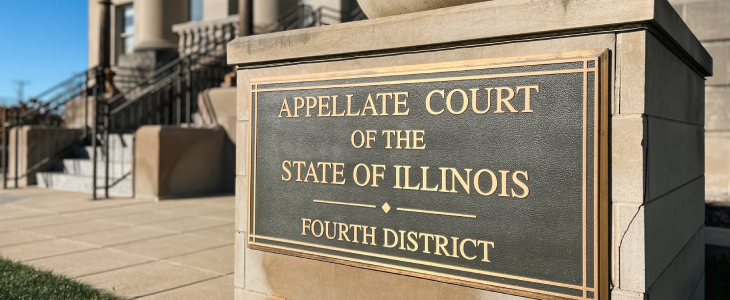The appellate process in civil rights cases is critical for ensuring justice is upheld when trial court decisions are in question. By working with an experienced appellate attorney, individuals can challenge outcomes that may have infringed upon their guaranteed rights.
Civil Rights Violations and Grounds for Appeal
Civil rights violations can manifest in various forms, including:
- Unlawful Arrests: Detentions made without probable cause.
- Police Misconduct: Actions by law enforcement that violate individuals’ rights.
- Prosecutorial Misconduct: Improper or unethical behavior by prosecutors affecting the fairness of a trial.
- Discrimination: Denial of services or unequal treatment based on race, sex, gender, disability, or other protected characteristics.
Identifying a valid basis for appeal is crucial. An appeal is not a retrial but a request for a higher court to review the legal aspects of a case to ensure the correct application of the law.
The Appellate Process
The appellate process involves several key steps:
- Initiating the Appeal: Filing a notice of appeal to express the intent to seek review of the trial court’s decision.
- Appellate Brief Submission: Drafting and submitting a brief that outlines alleged errors or legal issues from the trial, arguing why the decision should be overturned.
- Oral Argument: Presenting the case before appellate judges, providing additional insights, and addressing questions to clarify points raised in the briefs.
- Awaiting the Decision: The appellate court will review the materials and arguments and then decide whether to affirm, reverse, or remand the case for further proceedings.
It’s important to note that appeals must be filed within a specific timeframe, often within 30 days from the service of the judgment or order being appealed.
Applying the Standard of Review
Appellate courts apply specific standards when reviewing cases:
- De Novo Review: The court examines the case without deference to the lower court’s conclusions, especially concerning legal questions.
- Abuse of Discretion: The review focuses on whether the trial court’s decision was arbitrary or unreasonable.
Understanding which standard applies is vital, as it influences the appellate court’s approach to the case.
Recent Developments in Civil Rights Appeals
Staying informed about recent rulings is essential, as they can impact the appellate landscape. For example, the U.S. Supreme Court recently ruled that individuals who secure early victories in civil rights cases may not automatically recover legal fees, emphasizing the importance of obtaining a final judgment.
Helping People with Civil Rights Appeals
Navigating the appellate process in civil rights cases requires a thorough understanding of legal principles and procedural nuances. Working with experienced appellate attorneys can provide invaluable guidance, ensuring that appeals are effectively presented and that individuals’ rights are vigorously defended. For legal assistance with civil rights appeals, contact Keleher Appellate Law Group today.
Keleher Appellate Law Group serves clients in Chicago, Denver, St. Louis, and the surrounding areas in Illinois, Indianapolis, Indiana, Missouri, Wisconsin, and Colorado. We also provide our services nationwide and internationally.

